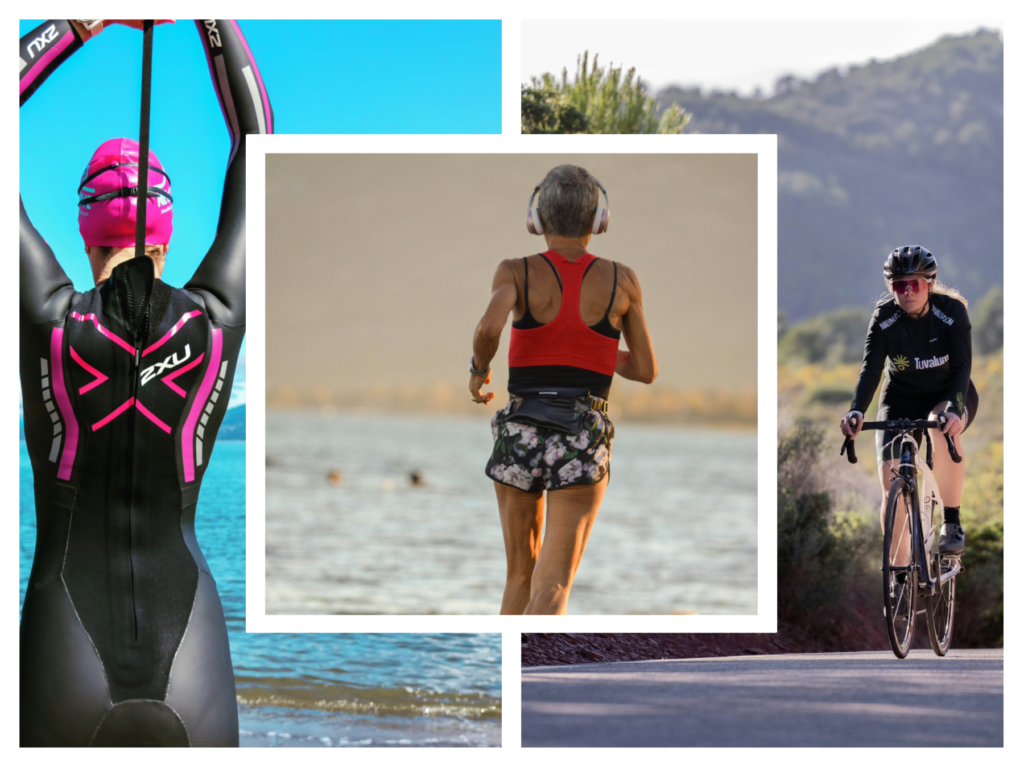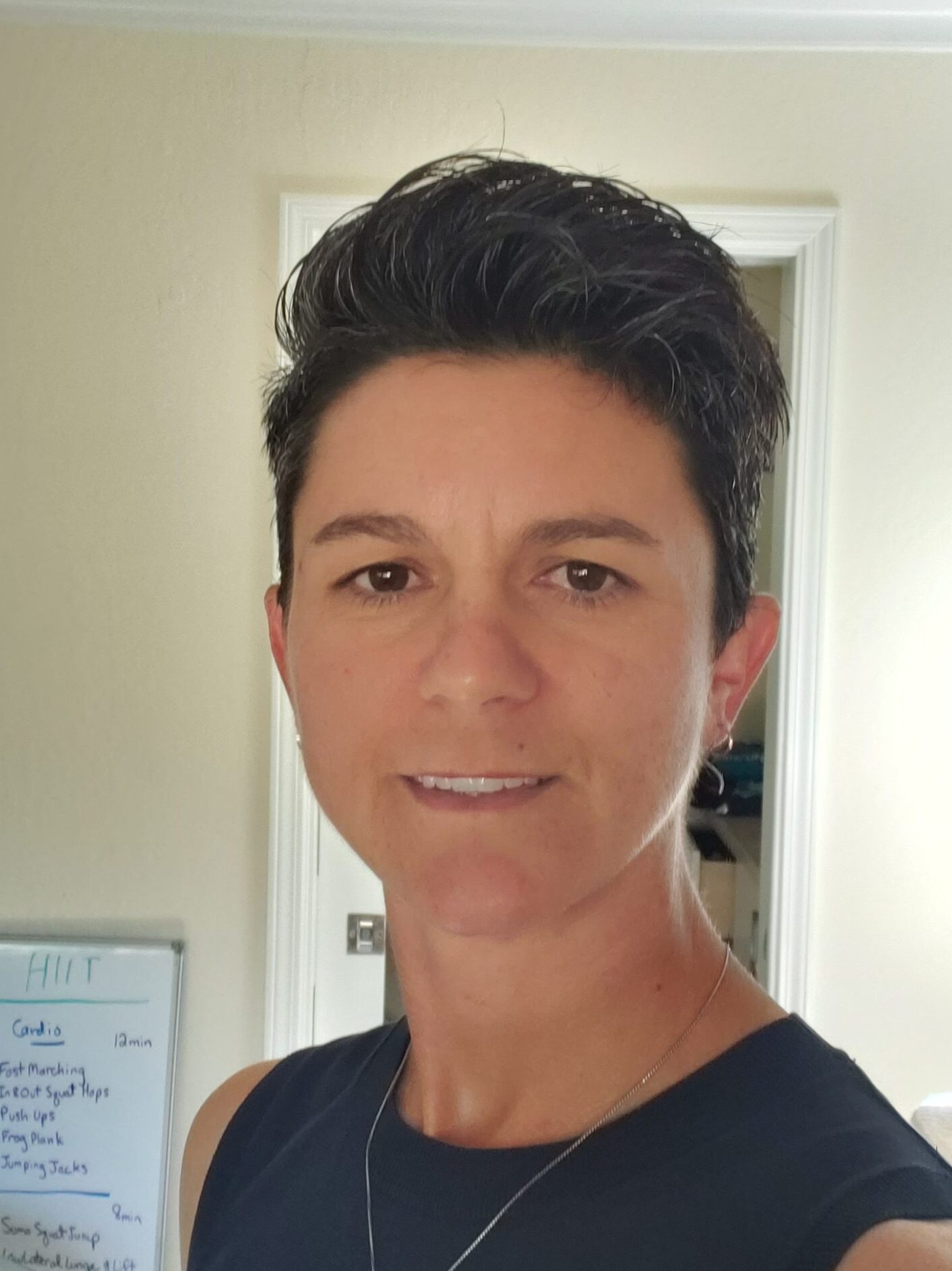Do Women in Peri & Post Menopause Need Mobility Training For Triathlon?

How Does Peri & Post Menopause Affect Your Triathlon Training and Racing? Can Mobility Work Help?
Whether you’re a seasoned racer, a recreational athlete beginning your triathlon adventure, perimenopause and postmenopause will happen to all females. This is not an end point to our athletic endeavors, rather a different phase that requires different inputs.
The 40+ Woman
Perimenopause is where your hormones are on an unpredictable roller coaster ride. Some days they are up, some down, and some days you’ll get extremes of both. This is what causes the symptoms, such as hot flashes or night sweats. They are also responsible for brain fog, irritability and decreased sleep. Wait, there’s more. Don’t forget about tight joints, decreased muscle and bone mass to name a few. These things mostly go away after menopause, but some may still linger. Regardless of which of these periods of your life you are in, you’ll benefit from doing focussed mobility training. These movements along with your triathlon training will make your journey to the finish line more enjoyable.
You may have noticed that it takes you longer to warm up. There may also be joint aches and pains sometimes for no apparent reason. Before your traditional warm up, an additional mobility specific warm up may be helpful. This mobility work focuses on slowly moving your joints to warm them and the nervous system up. While doing them you will also increase your heart rate. The nice thing about mobility work is that it is a GREAT post-exercise cool down. Doing them post workout will help bring your heart rate down while calming your central nervous system.
ADVERTISEMENT
 >
>FRC Mobility
When I talk about mobility, many people think of typical stretching and dynamic warm ups. But that is not it. I’m talking about specific, joint movement patterns that focus on your available range of motion. These movements will also help you improve your range of motion and strength, in a controlled systematic way. This practice is called Functional Range Conditioning, FRC for short. See how they define mobility work here. In short it is to “increase one’s active, usable ranges of motion by simultaneously improving articular mobility, strength/resilience, and neurological control”. All things that start to deteriorate when we hit perimenopause. These FRC mobility exercises will help women in menopause with their triathlon training.
Mobility and Triathlon
This decrease in mobility can start showing its ugly head in all three sports. When you are on your bike you will notice a decreasing ability to get comfortable reaching to your bars. It can also show up in the pool as it may feel like your stroke extension is shortened. How about during running? You’ll notice when your stride length starts shortening due to ankle stiffness. When our body changes, and we don’t address the changes, injury happens. It’s not if but when the injury occurs. With peri and post menopause our ability to recover decreases and thus injury creeps up faster.
Are you looking to stay in triathlon longer? If yes, then you’ve got to focus on more than swim, bike and run fitness. I’ve seen some amazing older athletes and it is because they do more than swim, bike run. At Nationals, this year, the oldest female competitor (and oldest competitor) was 84. This doesn’t just happen. Go beyond SBR and work on your strength and mobility. Being in menopause while triathlon training isn’t impossible but it is easier with mobility exercises.
Here is a quick video (sped up x10) on how I prep my ankles and hips before I run. It has helped me tremendously with getting rid of ankle, hip and back stiffness at the beginning of my runs. I feel better, so I run better, longer, and recover quicker as a result.
ADVERTISEMENT

As a lifelong athlete and sports medicine specialist, I've dedicated my career to helping women stay active and injury-free through proper coaching and strength training. My journey from collegiate sports to triathlon success, even while navigating perimenopause, has fueled my passion for empowering women to achieve their best performance at any stage of life. Now, I’m committed to guiding others in the endurance community to reach their full potential, no matter the challenges they face.




